Winston Churchill's views on aliens revealed in lost essay
World War II prime minister predicted space travel and was open to the idea that extra-terrestrials existed
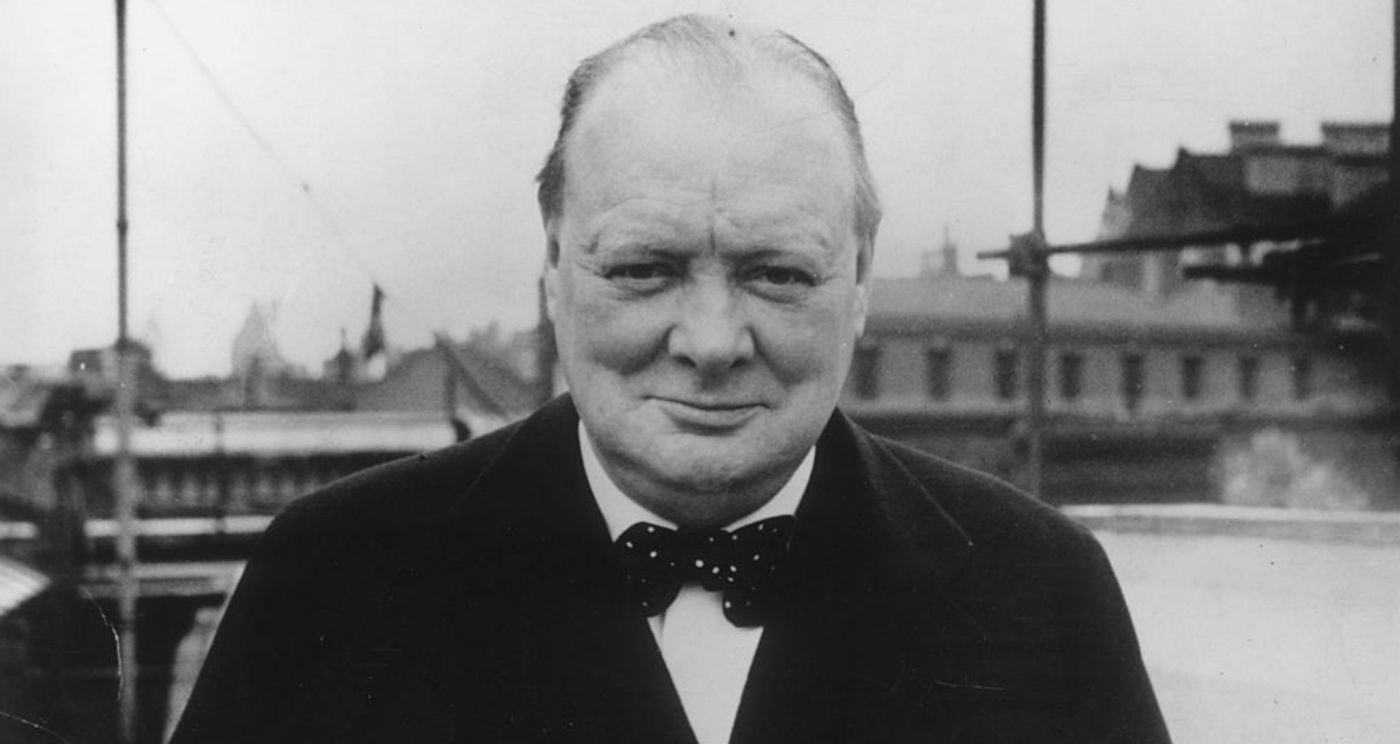
A free daily email with the biggest news stories of the day – and the best features from TheWeek.com
You are now subscribed
Your newsletter sign-up was successful
A previously undiscovered essay by former prime minister Sir Winston Churchill has revealed that the leader believed aliens might exist.
Written in 1939 and revised in the 1950s, Are We Alone in the Universe? discusses the wartime leader's deep fascination with the cosmic world around him.
Churchill wrote: "I, for one, am not so immensely impressed by the success we are making of our civilization here that I am prepared to think we are the only spot in this immense universe which contains living, thinking creatures, or that we are the highest type of mental and physical development which has ever appeared in the vast compass of space and time."
The Week
Escape your echo chamber. Get the facts behind the news, plus analysis from multiple perspectives.

Sign up for The Week's Free Newsletters
From our morning news briefing to a weekly Good News Newsletter, get the best of The Week delivered directly to your inbox.
From our morning news briefing to a weekly Good News Newsletter, get the best of The Week delivered directly to your inbox.
In addition, the essay, which was donated to the Churchill Museum in Fulton, Missouri, in the 1980s, but then sat unnoticed until late last year, predicted man's journey into the solar system.
"One day, possibly even in the not very distant future, it may be possible to travel to the Moon, or even to Venus and Mars," the prime minister penned.
Churchill also wrote that the likelihood of other planets housing alternative life depended on the existence of water and that human beings would be severely limited to believe they were the only intelligent life in the universe.
These remarks have been met with praise by academic Mario Livio, who analysed the essay for scientific journal Nature.
A free daily email with the biggest news stories of the day – and the best features from TheWeek.com
"This chain of logic is astounding, in my opinion, for a politician," Livio said.
Churchill was the first prime minister to have a science adviser and regularly met with scientists such as radio astronomer Sir Bernard Lovell to talk about his discoveries.
-
 Buddhist monks’ US walk for peace
Buddhist monks’ US walk for peaceUnder the Radar Crowds have turned out on the roads from California to Washington and ‘millions are finding hope in their journey’
-
 American universities are losing ground to their foreign counterparts
American universities are losing ground to their foreign counterpartsThe Explainer While Harvard is still near the top, other colleges have slipped
-
 How to navigate dating apps to find ‘the one’
How to navigate dating apps to find ‘the one’The Week Recommends Put an end to endless swiping and make real romantic connections
-
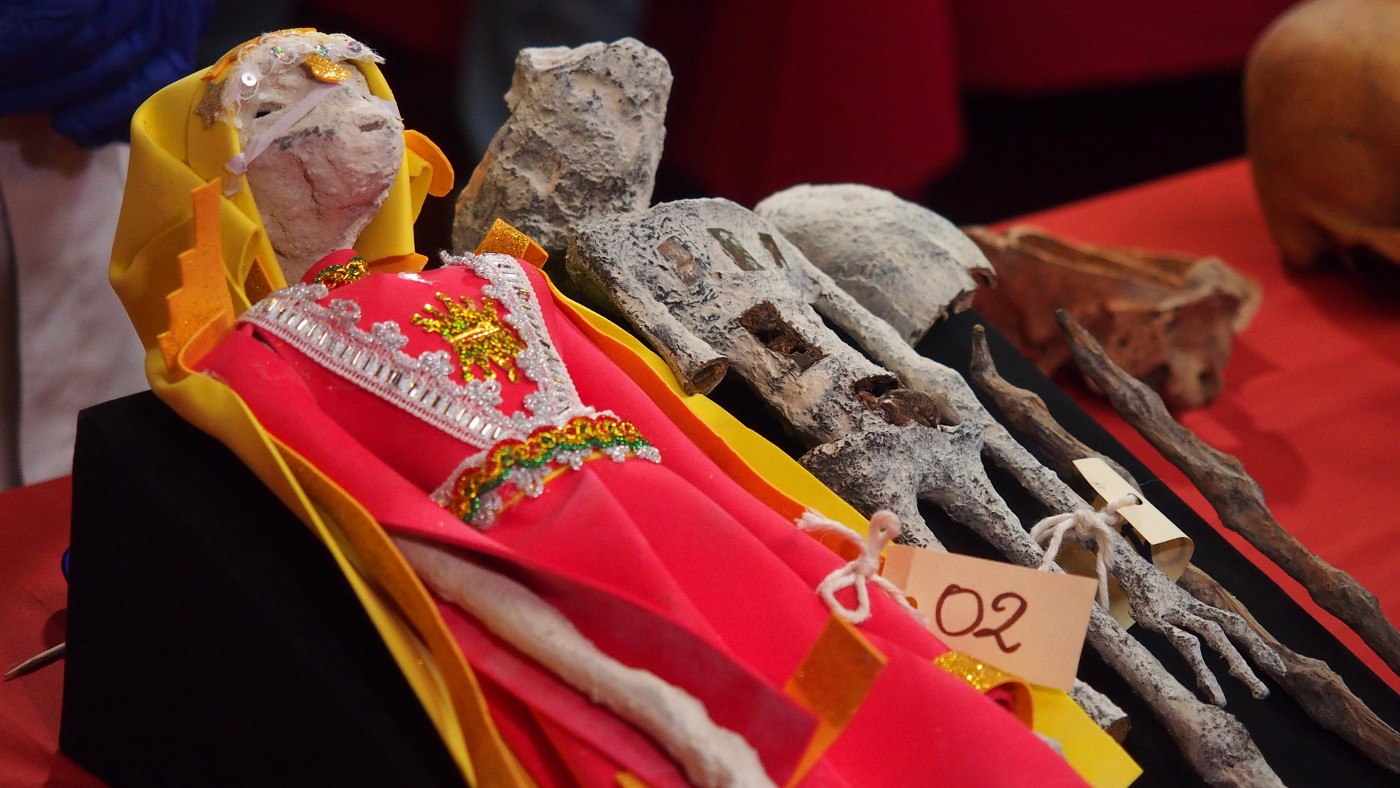 Peruvian 'aliens' aren't really aliens
Peruvian 'aliens' aren't really aliensTall Tales And other stories from stranger side of life
-
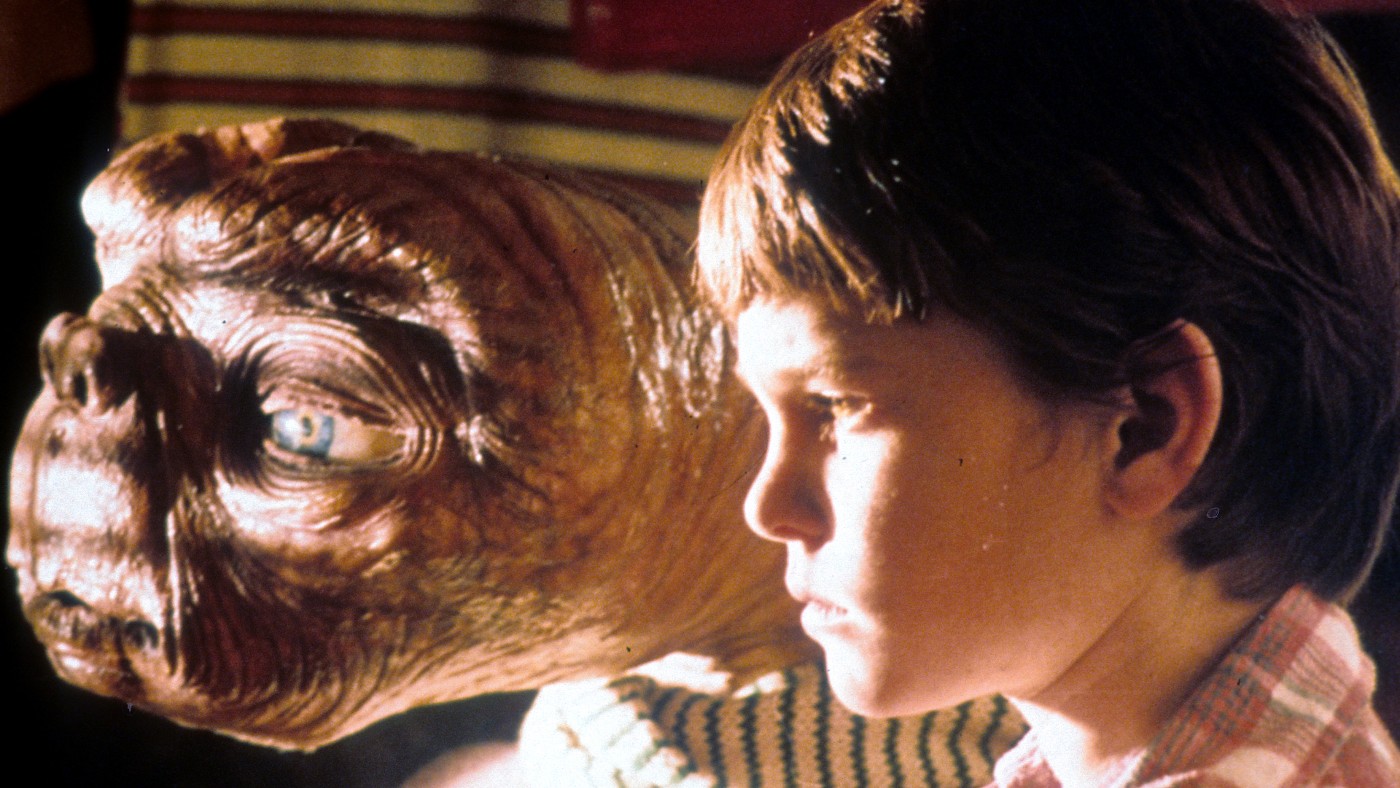 Locals speculate about aliens in Wales
Locals speculate about aliens in WalesTall Tales And other stories from the stranger side of life
-
 Triangle-headed aliens touched Goldie Hawn
Triangle-headed aliens touched Goldie HawnTall Tales And other stories from the stranger side of life
-
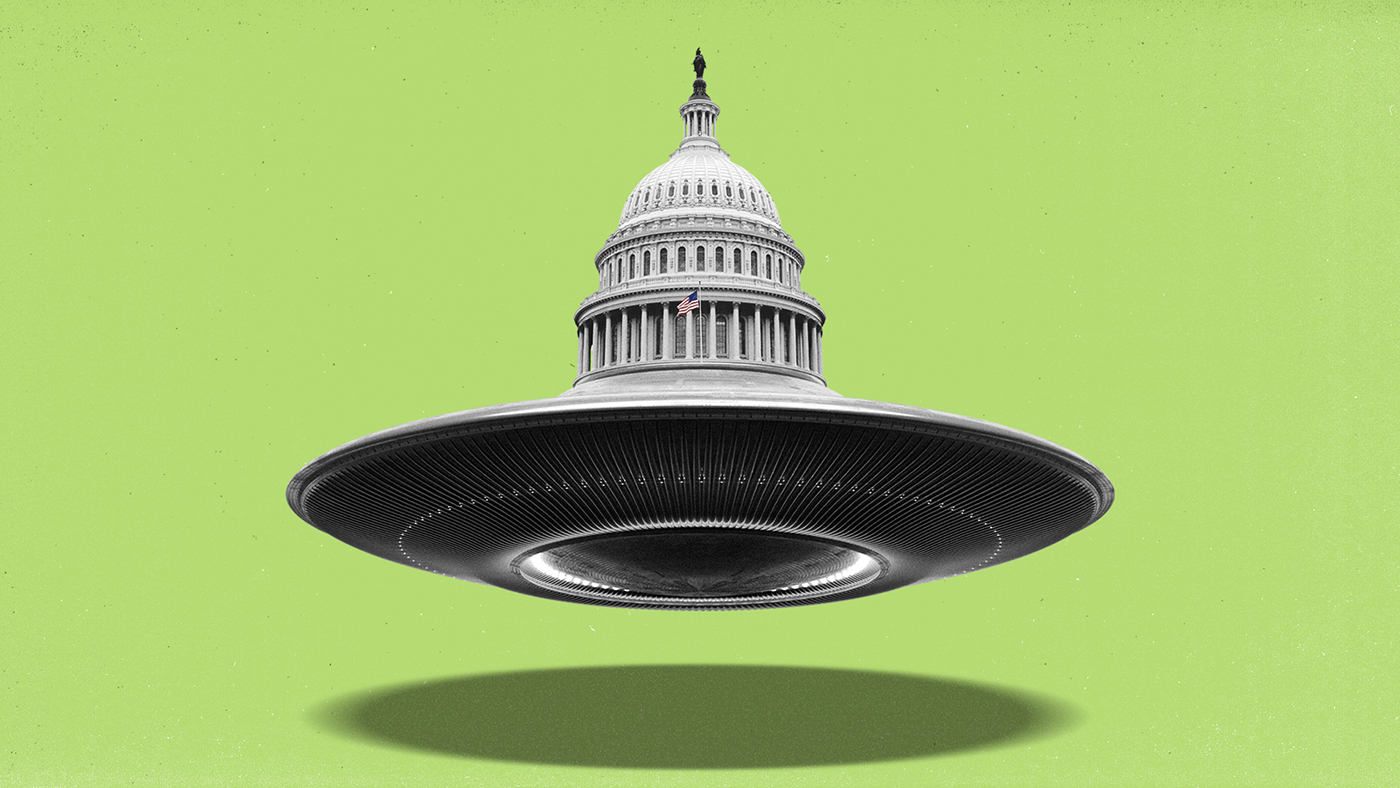 UFO hearing: why is Washington suddenly embracing aliens?
UFO hearing: why is Washington suddenly embracing aliens?Today's Big Question Speculation of extraterrestrial life has moved from ‘conspiracy fringe’ to Congress
-
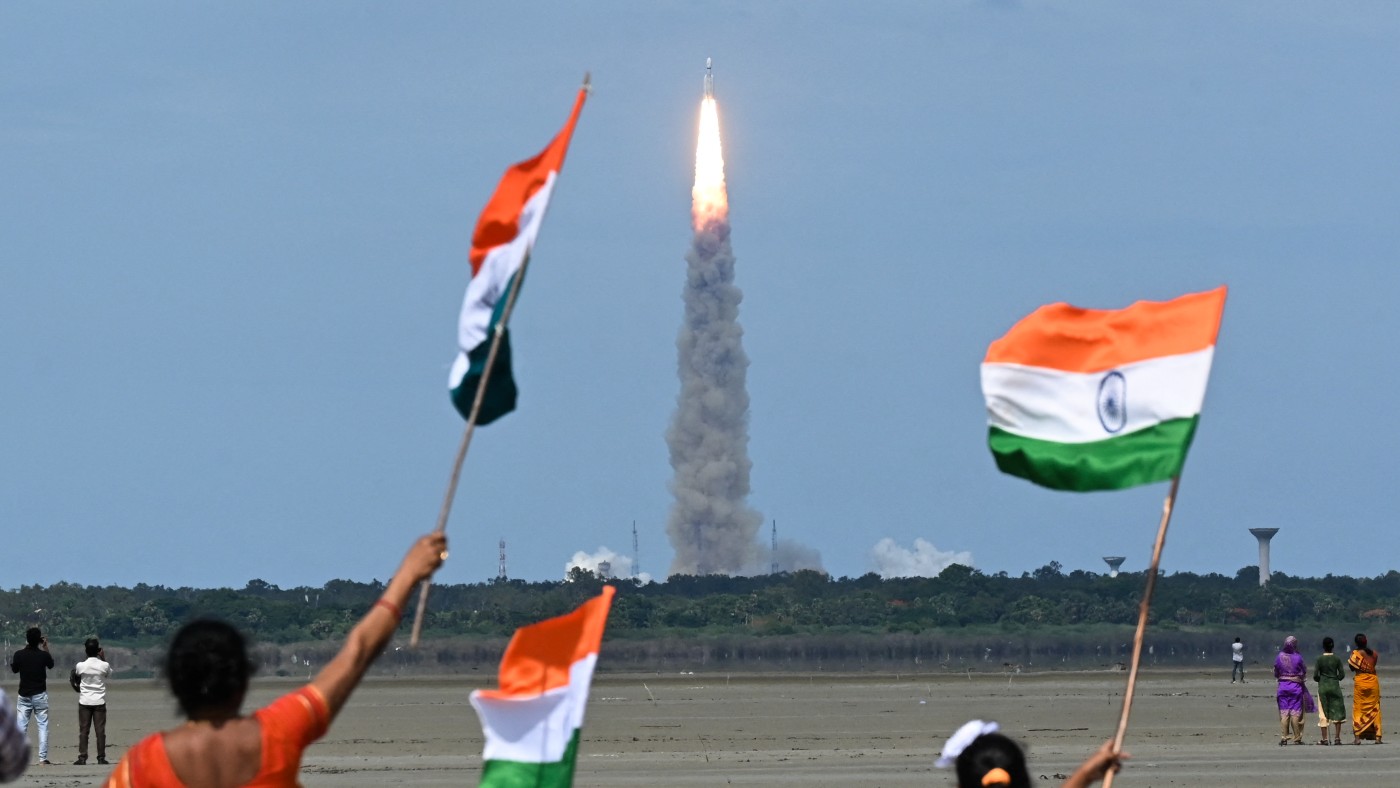 India hoping to be fourth country to reach Moon after Chandrayaan-3 launch
India hoping to be fourth country to reach Moon after Chandrayaan-3 launchSpeed Read Rocket aiming to set its lander Vikram down near Moon’s little-explored south pole
-
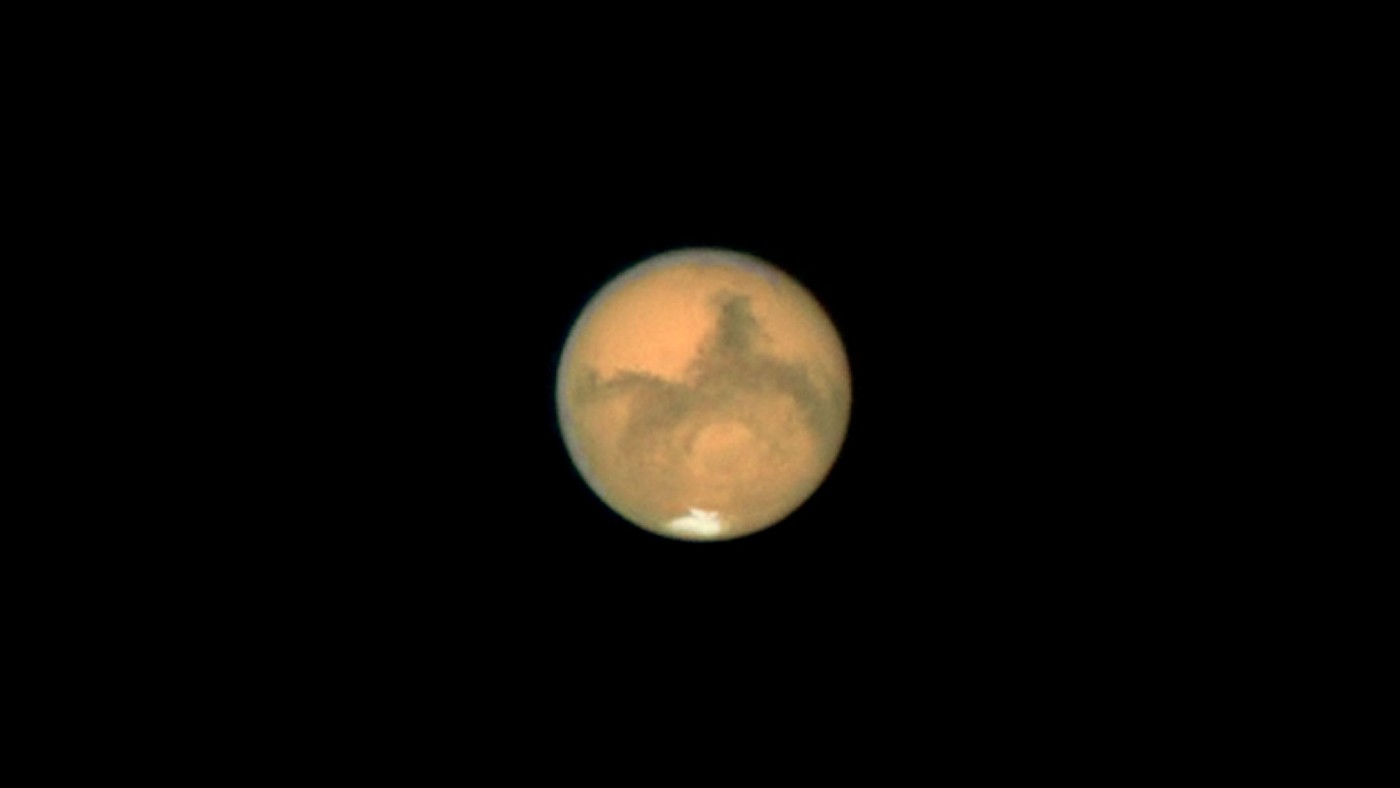 Nasa finds molecules on Mars
Nasa finds molecules on Marsfeature And other stories from the stranger side of life
-
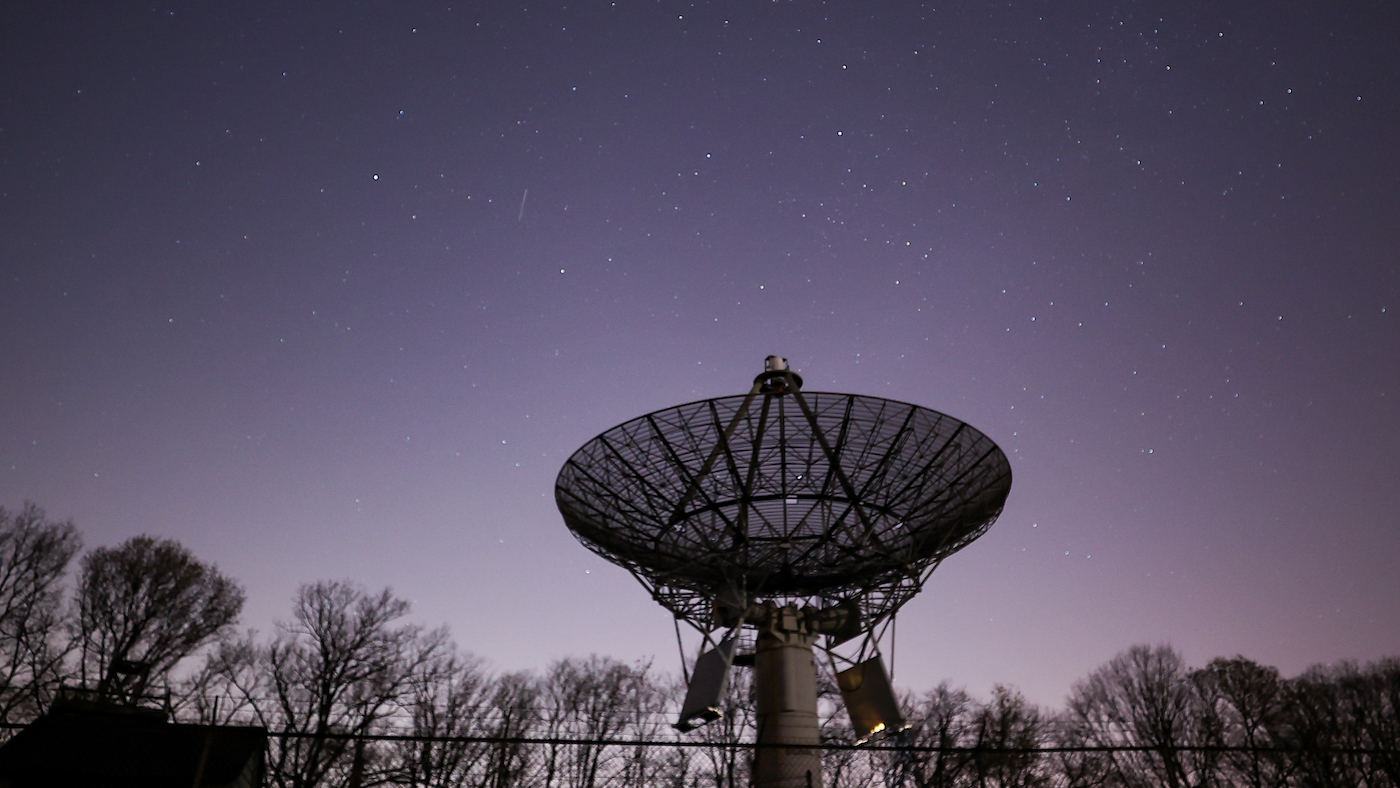 Pentagon whistleblower claims government hiding alien technology
Pentagon whistleblower claims government hiding alien technologyfeature A former intelligence worker claims the government is secretly holding vehicles of ‘non-human origin’
-
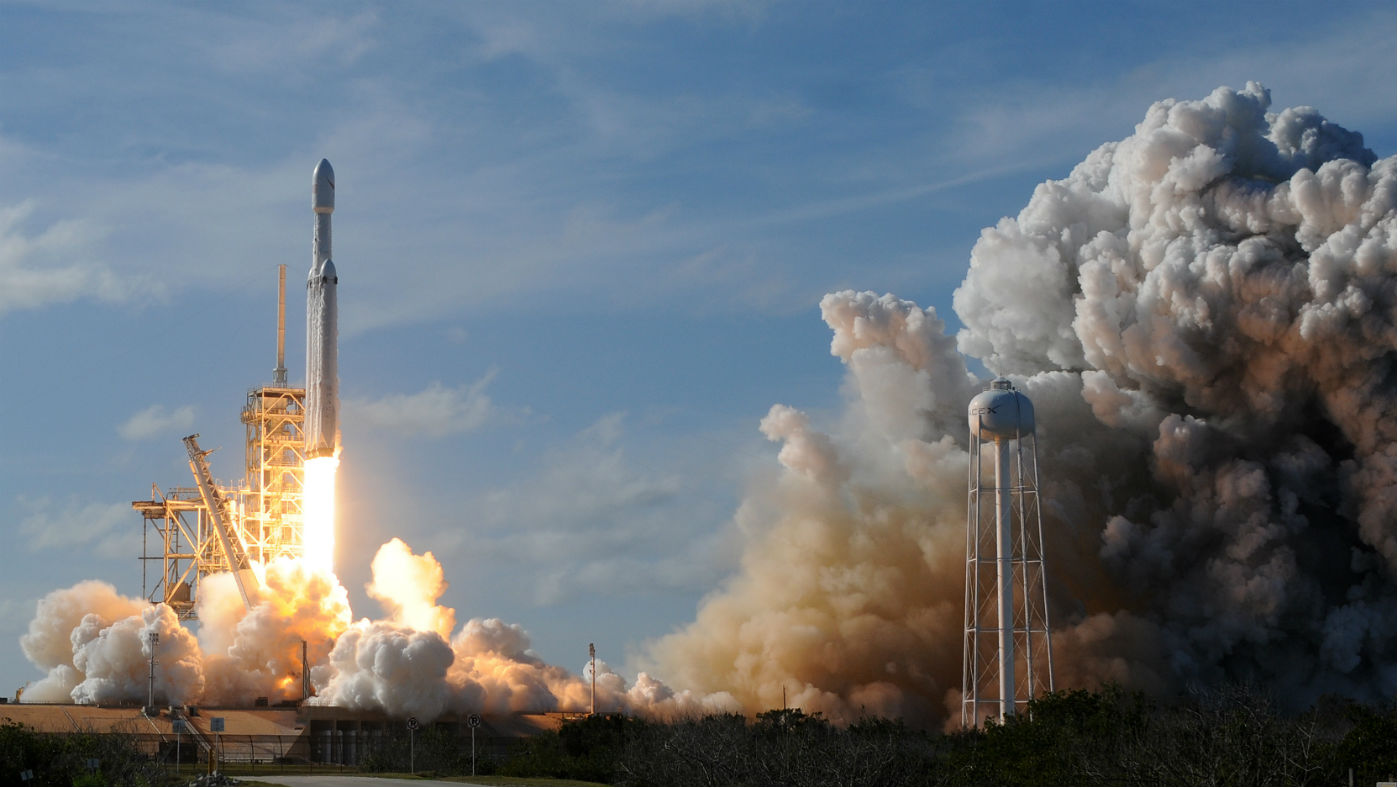 Space tourists face sex bureaucracy
Space tourists face sex bureaucracyfeature And other stories from the stranger side of life